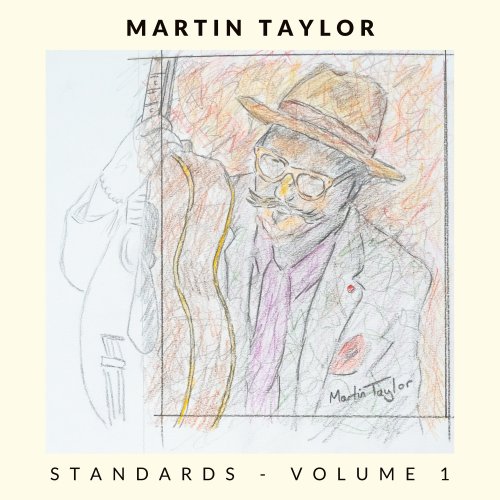VA - Even a Tree Can Shed Tears: Japanese Folk & Rock 1969-1973 (2017)
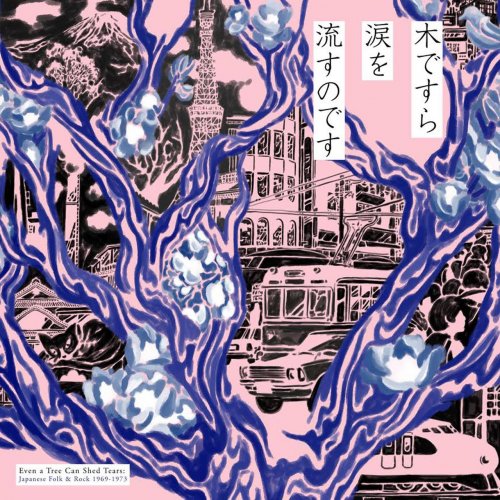
Artist: VA
Title: Even a Tree Can Shed Tears: Japanese Folk & Rock 1969-1973
Year Of Release: 2017
Label: Light in the Attic
Genre: Folk, Rock
Quality: FLAC (tracks)
Total Time: 76:43 min
Total Size: 453 MB
WebSite: Album Preview
Tracklist:Title: Even a Tree Can Shed Tears: Japanese Folk & Rock 1969-1973
Year Of Release: 2017
Label: Light in the Attic
Genre: Folk, Rock
Quality: FLAC (tracks)
Total Time: 76:43 min
Total Size: 453 MB
WebSite: Album Preview
1. Curry Rice
2. Sotto Futari De
3. Anata Kara Toku E
4. Rokudenashi
5. Arthur Hakase No Jinriki Hikouki
6. Natsu Nandesu
7. Man - in No Ki
8. Yoru Wo Kugurinukeru Made
9. Konna Fu Ni Sugite Iku No Nara
10. Mizu Tamari
11. Boku Wa Chotto
12. Aoi Natsu
13. Takeda No Komori Uta
14. Marianne
15. Ware Ware Wa
16. Sugishi Hi Wo Mitsumete
17. Hei No Ue De
18. Zeni No Kouryouryoku Ni Tsuite
19. Otokorashiitte Wakaru Kai
2017 collection, the first-ever fully licensed compilation of this music to be released outside Japan. In mid-to-late 1960s Tokyo, young musicians and college students were drawn to Shibuya's Dogenzaka district for the jazz and rock kissas, or cafes, that dotted it's winding hilly streets. Some of these spaces doubled as performance venues, providing a stage for local regulars like Hachimitsu Pie with their The Band-like ragged Americana, Tetsuo Saito with his spacey philosophical folk, and the influential Happy End, who successfully married the unique cadences of the Japanese language to the rhythms of the American West Coast. For many years Dogenzaka remained a center of the city's New Music scene. Meanwhile a different kind of music subculture was beginning to emerge in the Kansai region around Osaka, Kyoto, and Kobe. Far more political than their eastern counterparts, many of the Kansai-based "underground" artists began in the realm of protest folk music. They include Takashi Nishioka and his progressive folk collective Itsutsu No Akai Fuusen, the "Japanese Joni Mitchell" Sachiko Kanenobu, and The Dylan II, whose members ran The Dylan cafe in Osaka, which became a hub for the scene. Even a Tree Can Shed Tears also includes the bluesy avant-garde stylings of Maki Asakawa, future Sadistic Mika Band founder Kazuhiko Kato with his fuzzy, progressive psychedelia, the beatnik acid folk of Masato Minami, and the intimate living room folk of Kenji Endo. Nearly 50 years on, this New Music is born anew.
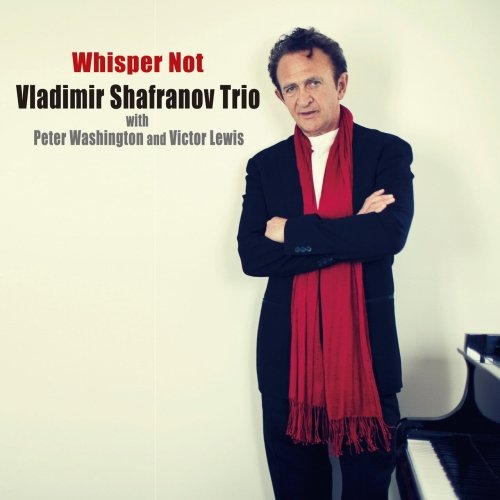
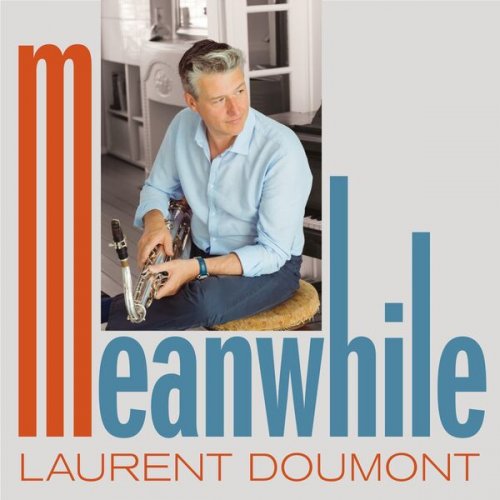
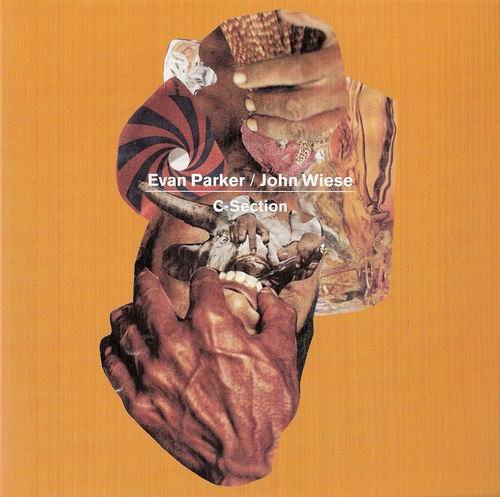
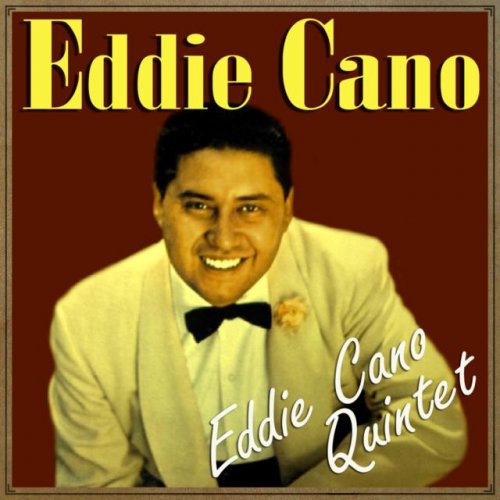
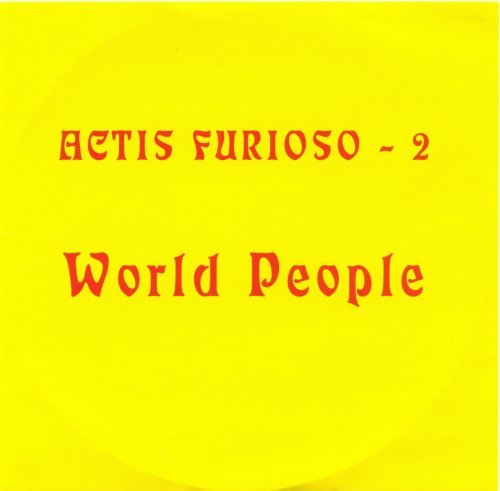
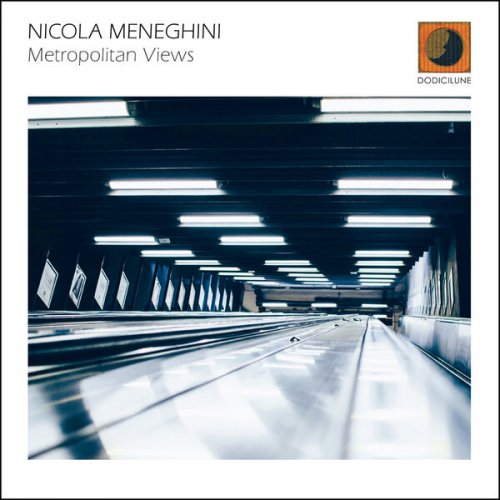

![Double Drums, Philipp Jungk & Alexander Glöggler - All You Can Beat (2026) [Hi-Res] Double Drums, Philipp Jungk & Alexander Glöggler - All You Can Beat (2026) [Hi-Res]](https://www.dibpic.com/uploads/posts/2026-02/1771946421_folder.jpg)
